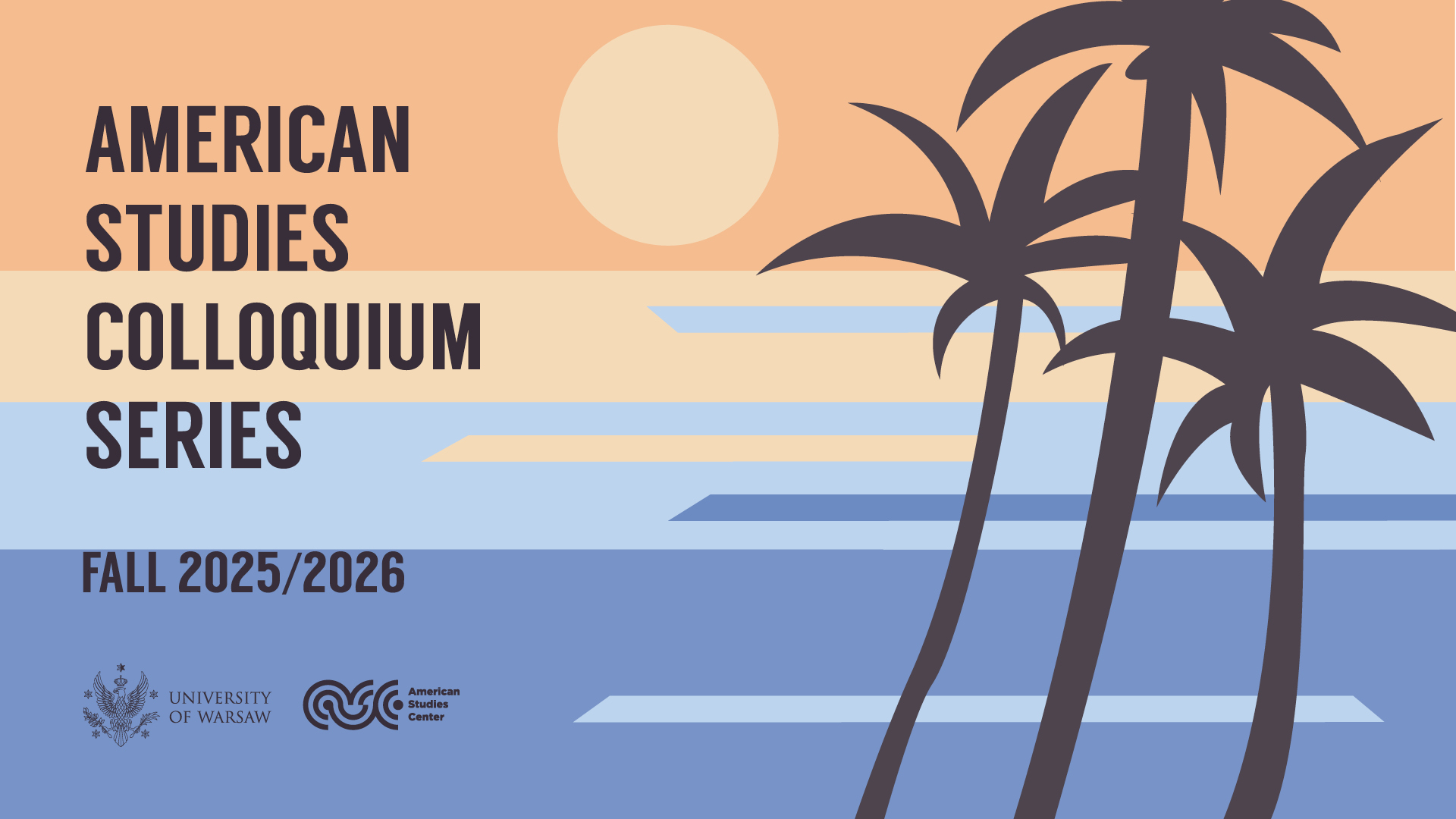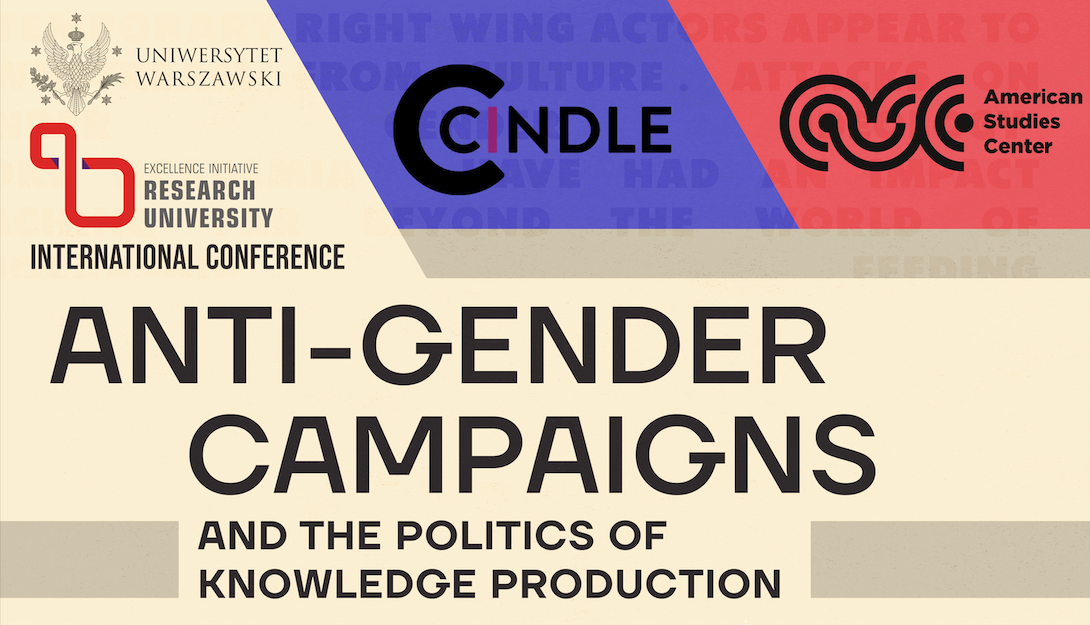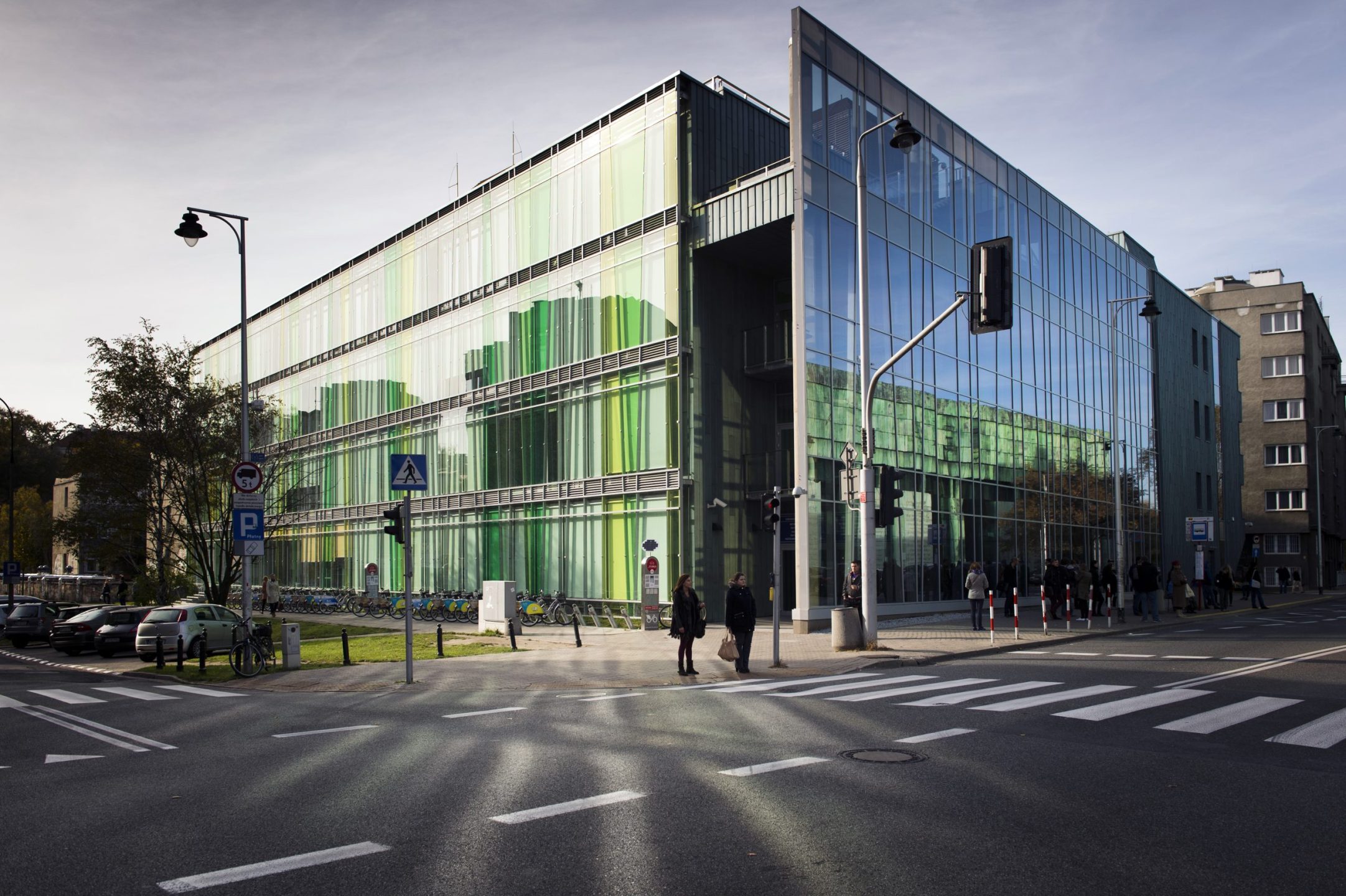We would like to invite you to the Cultural Orientation at UW workshop, organized by the Welcome Point.
The main goal of this free event is to provide all newcomers with tools that will ease their life in a new place at the very beginning, when help is much needed. However, if you are not a new student but are interested in the topic and the structure of the University of Warsaw still seems complicated to you, feel free to join.
During the workshop we will discuss the following topics:
- How cultural differences influence daily communication in the academic community.
- The structure of the University of Warsaw.
- Communication with academic and administrative staff: dos and don’ts.
- Studying at the University of Warsaw from a foreigner perspective.
- Intercultural communication: useful tips and tools.
We are planning two editions of the workshops:
- 28-29 September for first-year long term students of the first-cycle (BA), students of 1st, 2nd and 3rd year of uniform master level studies and doctoral candidates
- 1-2 October for long term students of 2nd and 3rd year of the first cycle (BA), long term students of the second cycle (MA), long term students of 4th and 5th year of uniform master level studies
The workshop will be held online from 10 am. to 1:30 pm.
Cultural Orientation Workshop at UW (1– 2 of October) is organized within the Integrated Development Programme at the University of Warsaw and is funded by European Social Fund.
If you are interested, please read more information how to register on our website:
http://welcome.uw.edu.pl/cultural-orientation-at-uw-practical-workshops-for-international-students-2020/
Please also join our Facebook event:
https://www.facebook.com/events/822559201816779/
The new academic year is about to begin and we are going to prepare for you a series of different events. Please follow our offer on our website: http://welcome.uw.edu.pl/




